2021-2022 was another great year for the Linked Digital Future Initiative.
In spite (or because) of the pandemic, we achieved significant progress in the production of open metadata about named entities in the last year. The number of artists in the Artsdata knowledge graph increased by 108%. The number of organizations, by 163%. And more data population activities are underway to increase the amount of data about places by at least as much. Moreover, we are finally looking forward to shifting the focus back to event metadata now that the sector is fully reopened after two years of running closures.
Metatada means “data about the data”. In the performing arts, metadata can provide useful descriptive information about artists, organizations, venues and performances.
A shared responsibility
Every stakeholder in the performing arts sector has a role to play in this data-centric transformation of the performing arts. That’s why the LDFI team developed guidance for improving one’s digital presence. However, individual actions will not be sufficient. Centralized actions will not cut it either. Here’s why…
As this blog post explains, for search engines to pay attention to information, they require a few things:
- Among other preferences, they like clearly identifiable entities.
- This starts with taking individual responsibility for exercising control over one’s metadata.
- This starts with taking individual responsibility for exercising control over one’s metadata.
- Search engines also like to validate information across multiple sources.
- This requires a shared responsibility which must be realized through multiple individual and collective actions. It requires decentralization.
Let’s unpack this.
To cross-check information across websites, search engines must first identify the entities being described on web pages. This requires that each entity be assigned an identifier (or at the very least a URL), and that enough descriptive metadata is available to determine what type of entity it is (i.e., a person, an organization, an event, etc.). This is the individual responsibility of each performing arts stakeholder. Then search engines must reconcile these entities with entities described on other web pages or datasets – they must find and match the same entities across datasets. Again, this requires identifiers and descriptive metadata.
In the case of named entities (persons, organizations and places), reconciliation can rely on descriptive information such as the name of the entity and, sometimes, its location. The reconciliation process is further facilitated when associations and other data stewards accept to make their information available as open data via Wikidata. This is an example of shared responsibility realized through collective action.
In the case of events, the reconciliation process is more difficult. First of all, even though events are always given a name, there is no naming convention that can ensure the same event will bear the same name across multiple websites. Moreover, descriptive structured data about events is still relatively scarce, and the bridge identifiers for events have yet to be adopted by the sector.
Thankfully, the Artsdata knowledge graph was designed precisely to fill these gaps. The knowledge graph is apt at reconciling events across multiple sources and can assign a unique identifier to each one. Artsdata is a collective solution based on principles of shared responsibility, decentralization, and collective benefit.
In the world of machines, every person or ‘thing’ is an entity.
A named entity is a ‘thing’ with a human-language name used to distinguish this thing from other things of the same type. Like any other ‘thing’ in linked data, its machine-language name and identifier is its Uniform Resource Identifier (or URI).
Reconciliation of entities across datasets is not unlike reconciliation in accounting. In both settings, descriptive information and identifiers can greatly facilitate the process. Actually, if bridge identifiers are used, the process can be entirely automated.
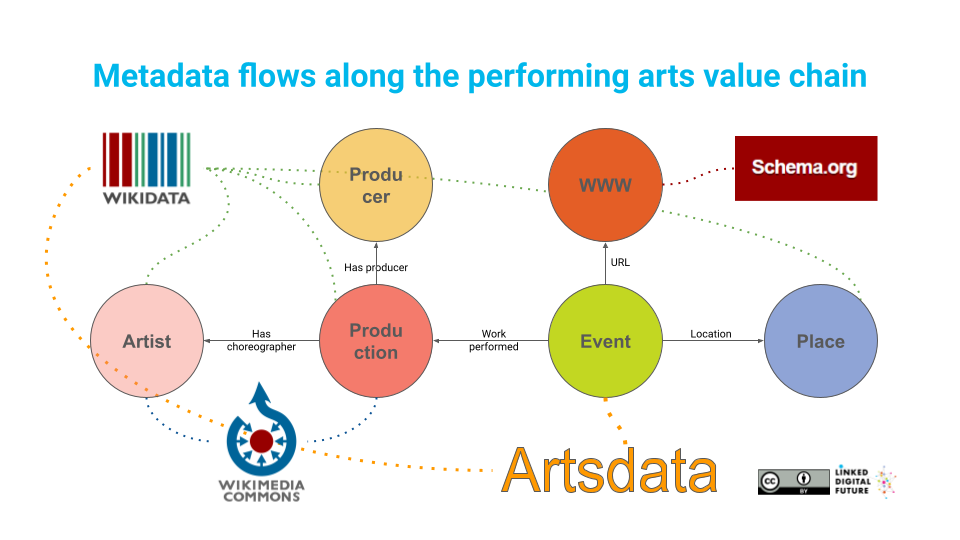
Over the next year, CAPACOA, projet dia-log, Culture Creates and other Artsdata partners will progressively shift the focus back to collecting and reconciling events metadata. However, we will not succeed alone. We need all performing arts organizations to adopt better data practices, including with the production of structured data. We need operators of databases and platforms to adopt decentralized practices, to reconcile their events with other events, and to assign them an Artsdata ID. Ultimately, our sector needs to stop populating the same event information anew and to start reusing existing events’ descriptive metadata.
Although we do have many ideas for a roadmap to get us there, we would happily welcome new ones. If you want to be part of the change, contact us.
Highlights from the 2021-2022 Linked Digital Future annual report
Here is what we accomplished between April 2021 and March 2022:
- We continued to develop data partnerships.
- In addition to our current associative partners, we met with 21 disciplinary associations, federations and unions, and we offered to assist them with the publication of open data about their members. 7 associations have already agreed to release their members’ descriptive metadata as open data.
- CAPACOA and the Indigenous Performing Arts Alliance developed open data policies and adapted their respective membership forms to collect authoritative metadata and to seek consent for its release.
- As a result of these activities, the number of people in Artsdata increased by 108% and the number of organizations by 163%.
- We drew useful lessons learned from these data provision strategies.
- In addition to data production activities, we also undertook several prototyping activities to enable data consumption. Notably, Culture Creates and developer Ryan Hutchinson initiated the development of an Artsdata plugin for WordPress websites. This plugin will make it possible to entirely power a member directory with open data.
- In the area of data modelling, we continued to support the development of a harmonized performing arts ontology with the Performing Arts Information Representation Community Group. We also developed controlled vocabularies for event types and organization types.
- We continued consultative activities on the representation of Indigenous artists in Wikidata. A report of findings will be published later this year.
- In the area of data governance, Open North launched their report “A Promising Path to Developing Data Governance in the Performing Arts Sector”. The Artsdata knowledge graph also entered a new stage with the development and adoption of a governance framework. This governance framework sets out processes for collective decision-making by Artsdata partners.
- The LODEPA Wikidata/Wikipedia Working Group met five times. The Working Group created three properties and one class item, and also resolved ontological issues with the “event venue” class item. Best practices were defined and documented in the WikiProject Performing arts and the WikiProject Cultural venues.
- The WikiProject Performing arts, maintained by the LODEPA community, won the Ecosystem Award at WikidataCon 2022.
- CAPACOA and Conseil québécois du théâtre once again partnered to deliver a series of 8 Wikidata workshops. In addition to the Wikidata workshops, the LDFI team delivered 15 presentations and workshops in 2021-2022. These activities reached a total of 588 participants.
- LDFI team members authored 8 blog posts to share information and to provide data literacy resources. The website had 15,500 page views.
- A Linked Digital Future newsletter was created to further disseminate information. Two editions of the newsletter were sent to 600 subscribers.
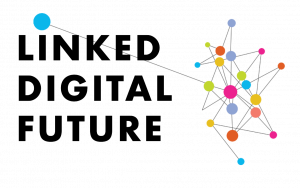
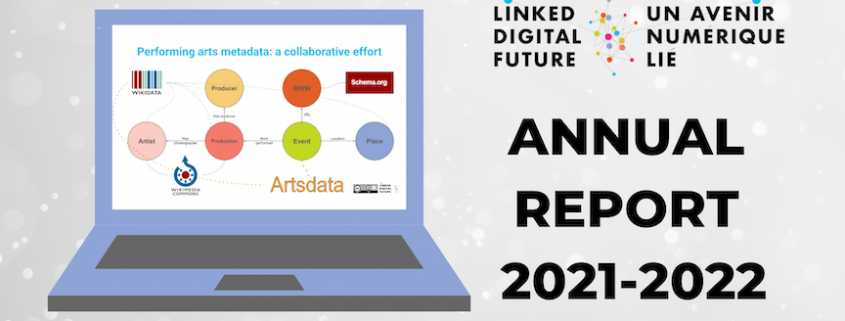
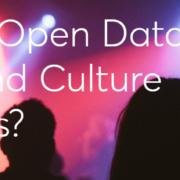
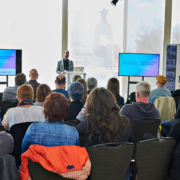
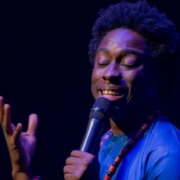
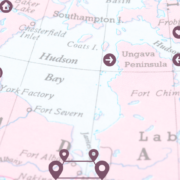
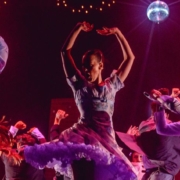 CC BY 4.0
CC BY 4.0 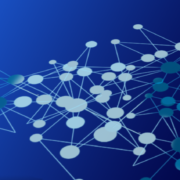
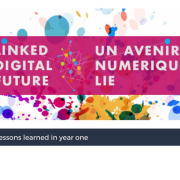
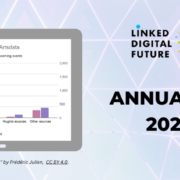




 CC-BY 4.0
CC-BY 4.0
Leave a Reply
Want to join the discussion?Feel free to contribute!